What Would You Do? meaning? - Ethical Decision Guidance

Hi there! How can I assist you today?
Navigate decisions with AI-powered ethics
What would you do if...
Imagine you're in a situation where...
How would you handle...
If you were to face...
Get Embed Code
Introduction to What Would You Do? Meaning
The 'What Would You Do? Meaning' is a specialized interface designed to provide users with thought-provoking scenarios and ethical dilemmas, encouraging them to think critically about various situations and consider what actions they would take. It simulates a range of real-world and hypothetical scenarios, offering a platform for discussion, reflection, and education. For example, it might present a situation where a user finds a wallet on the street and ask them to consider their course of action, encouraging reflection on honesty, societal expectations, and personal values. Powered by ChatGPT-4o。

Main Functions of What Would You Do? Meaning
Scenario Simulation
Example
A scenario where you witness someone shoplifting. The interface asks you to consider whether you would confront the person, notify the store management, or do nothing.
Scenario
This function is applied in educational settings to discuss the implications of various actions on personal ethics and societal norms.
Ethical Dilemma Discussion
Example
A complex situation involving a moral dilemma, such as choosing to save one person at the risk of harming another. Users are asked to weigh the consequences of their potential decisions.
Scenario
Used in both educational environments and among peer groups to foster deep discussions about moral values, ethical principles, and personal integrity.
Decision-Making Skills Enhancement
Example
Scenarios requiring quick decision-making, like how to act in a crisis situation (e.g., witnessing an accident) to best assist those involved.
Scenario
This can be particularly useful in professional development workshops, where making quick, ethical decisions under pressure is a crucial skill.
Ideal Users of What Would You Do? Meaning Services
Educators and Students
This group benefits from using the services to explore ethical dilemmas, moral reasoning, and critical thinking skills within an academic setting, making learning more interactive and reflective.
Professionals in Leadership and Management
These users find value in enhancing their decision-making skills, especially in ethical leadership and managing teams, by considering diverse perspectives and outcomes in complex situations.
General Public Interested in Personal Development
Individuals seeking to challenge their own beliefs and improve their problem-solving and ethical reasoning skills in everyday life can greatly benefit from engaging with various scenarios.

How to Use What Would You Do? Meaning?
Begin your journey
Start by visiting yeschat.ai to access a trial version freely without the need for login credentials or a ChatGPT Plus subscription.
Explore functionalities
Navigate through the tool to familiarize yourself with its features and capabilities. This exploration will help you understand how What Would You Do? can assist in your specific scenarios.
Identify your scenario
Determine the specific scenario or problem you wish to address. Whether it's resolving a moral dilemma, making a decision, or exploring hypothetical situations, identifying your scenario is crucial.
Engage with the tool
Use the provided input fields to describe your scenario or question in detail. The more context you provide, the more tailored and insightful the guidance from What Would You Do? will be.
Review and apply
Carefully review the advice or insights generated by the tool. Apply the suggestions to your scenario as appropriate, using critical thinking to adapt the guidance to your specific context.
Try other advanced and practical GPTs
My Cat meaning?
Decipher Your Cat's World with AI
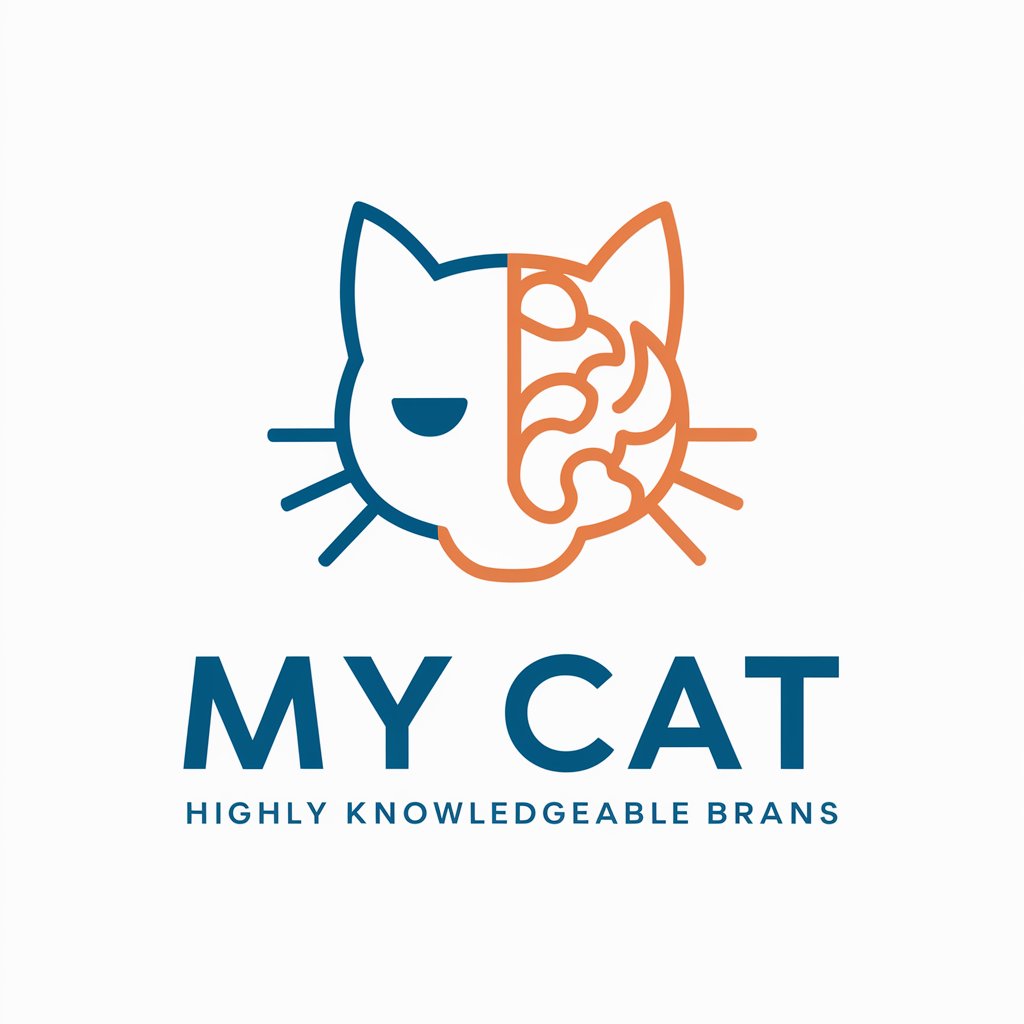
All The Days meaning?
Unlock the meanings of days with AI
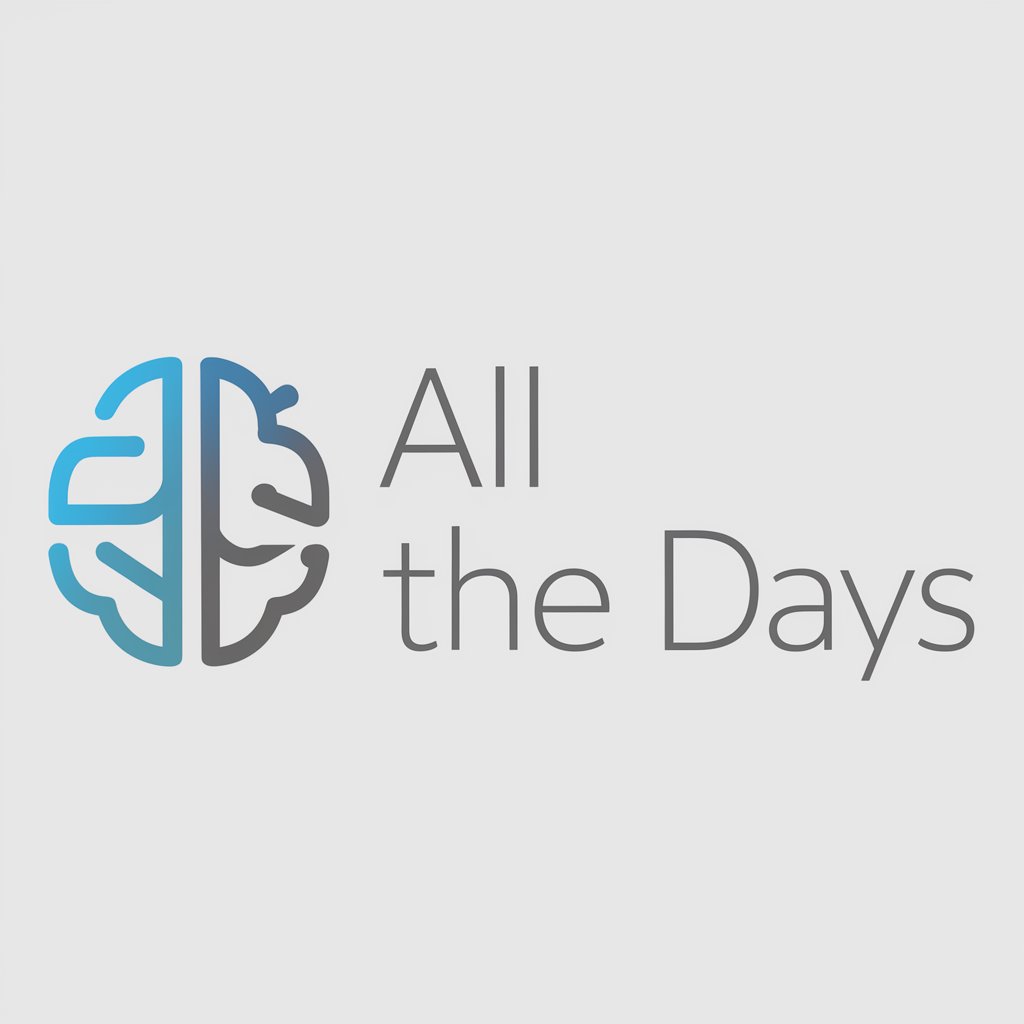
Celebration meaning?
Discover the Meaning Behind Celebrations
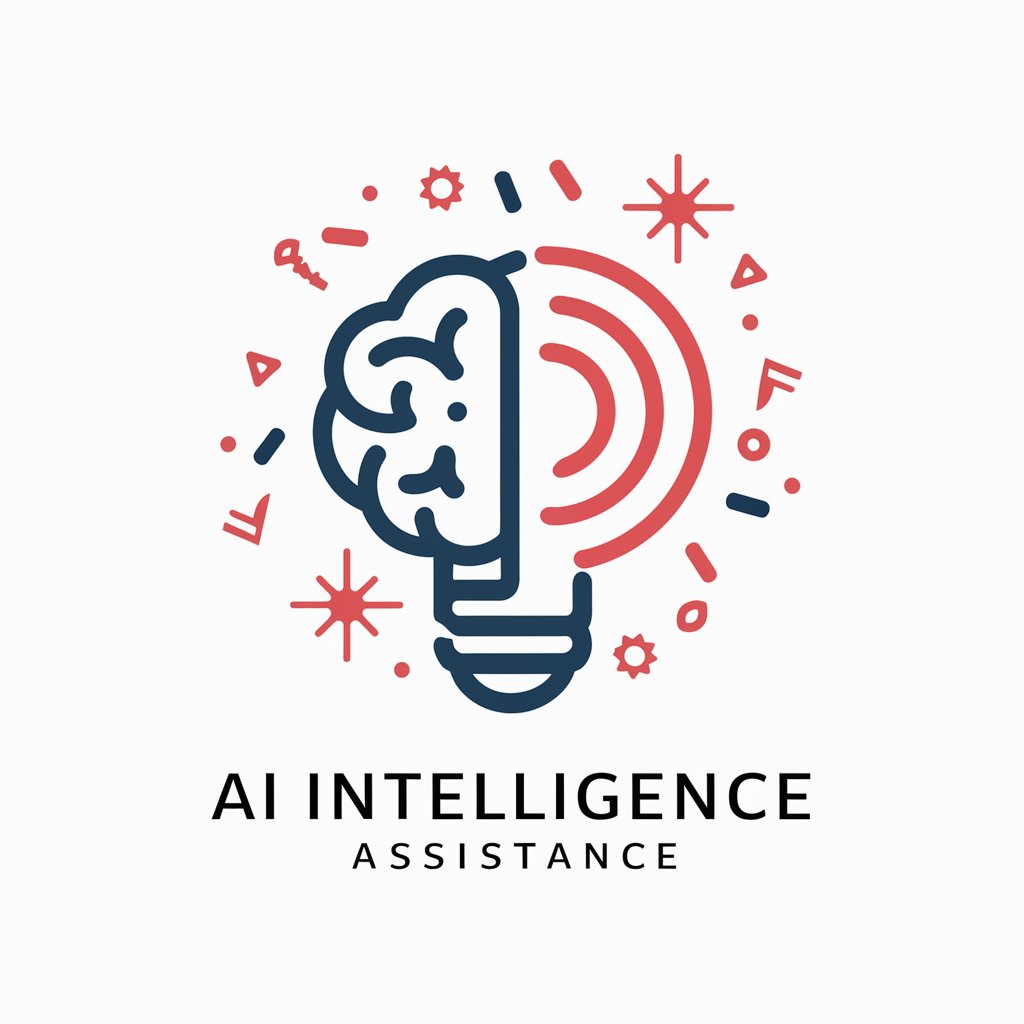
Sunny Days meaning?
Enrich your understanding with AI-powered insights.
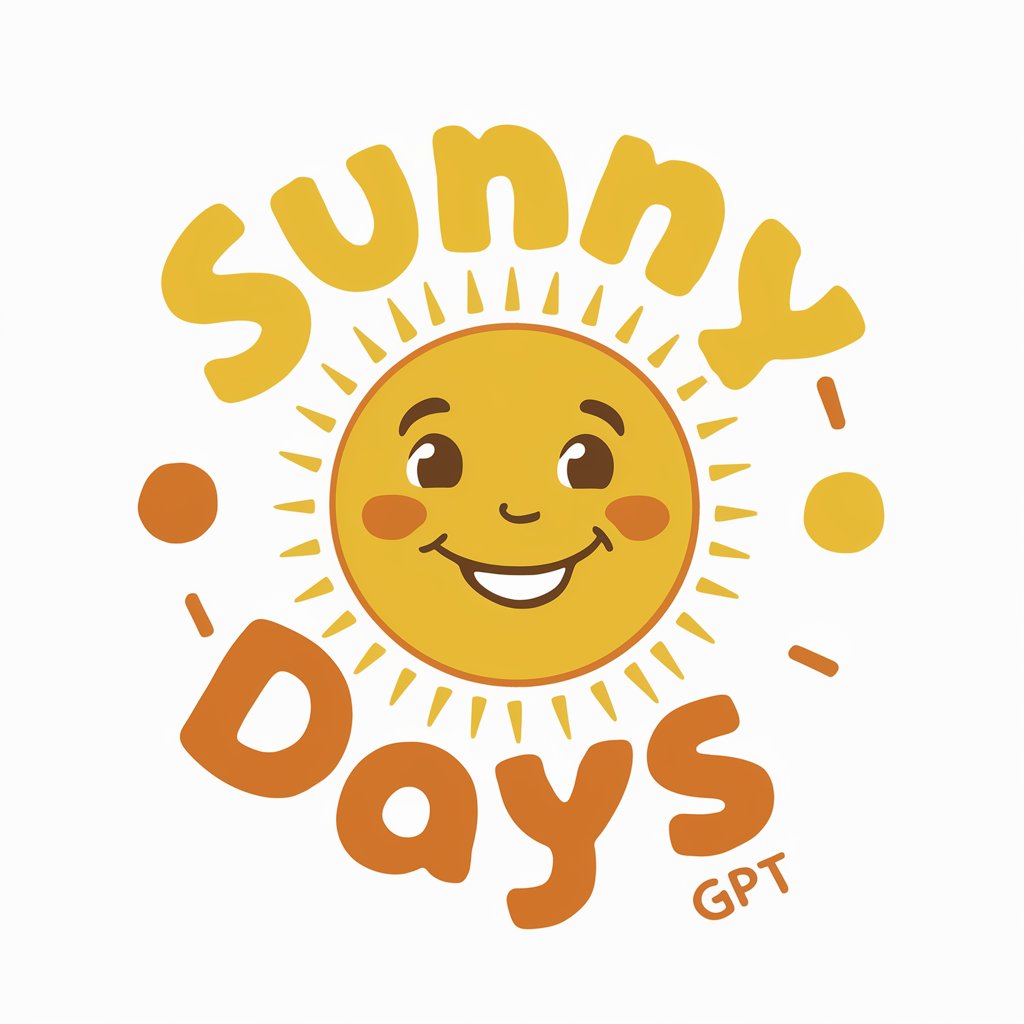
Five Days Of Summer meaning?
Unlock insights with AI-driven clarity
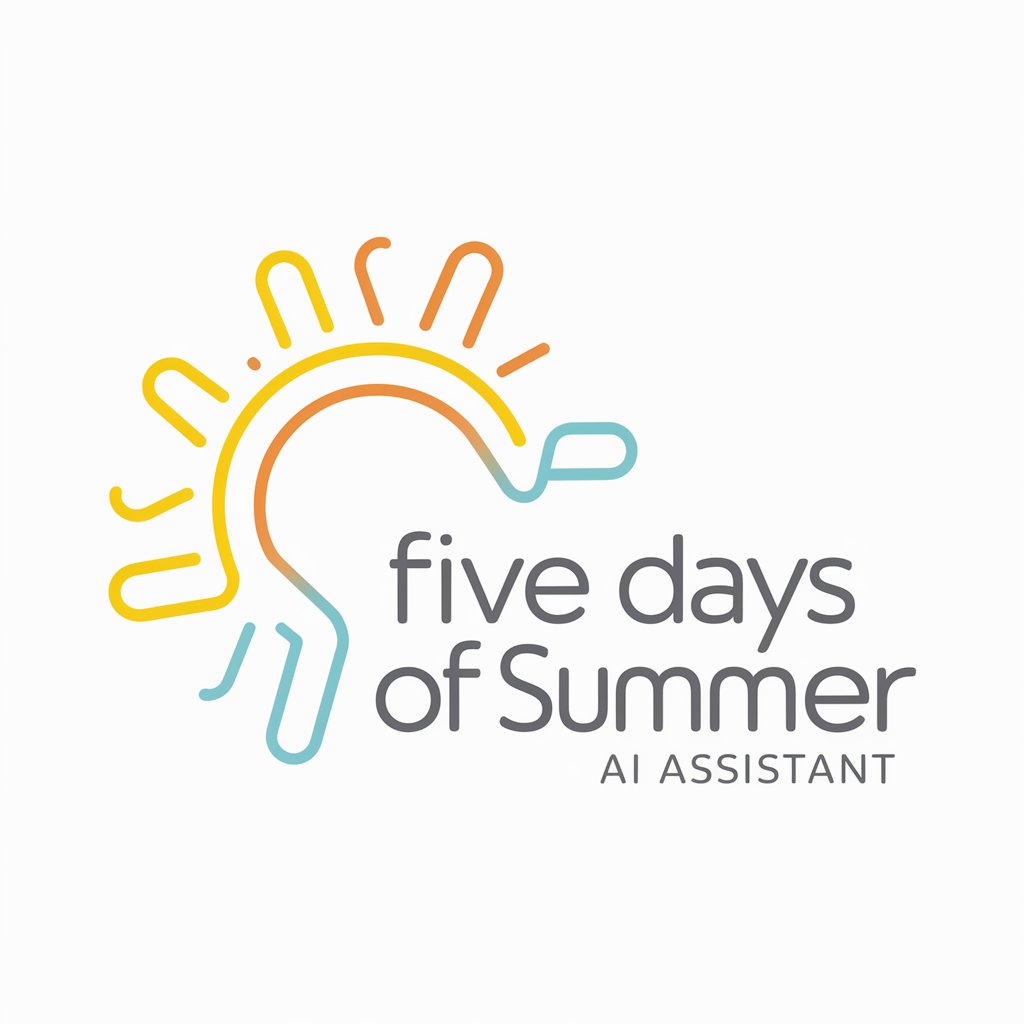
No Days Off meaning?
Unlock In-depth Knowledge Daily

Green Street Green meaning?
Unlocking Insights with AI
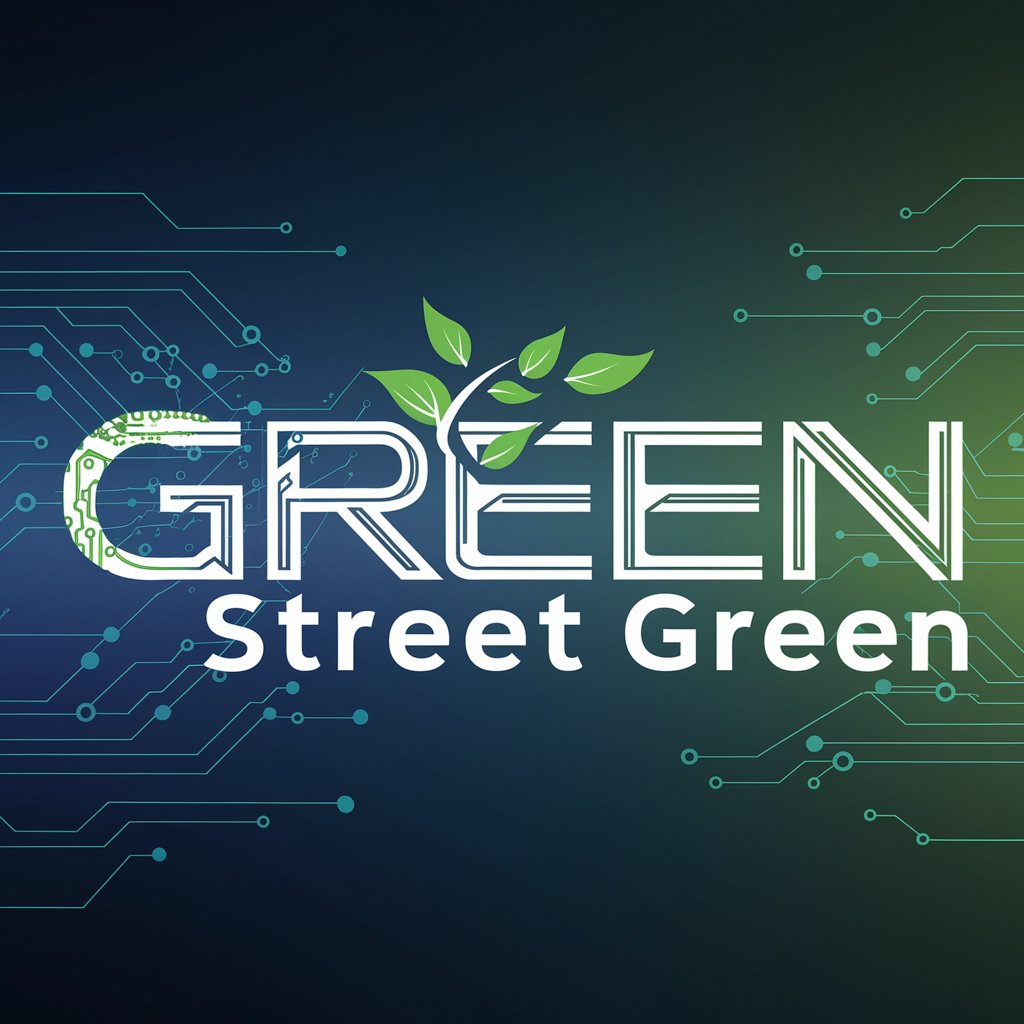
Green Light meaning?
Empowering creativity and analysis with AI.

The Way I Am meaning?
Empowering creativity with AI

Am I Standing In Your Way meaning?
Unlock deeper emotional and interpersonal insights.
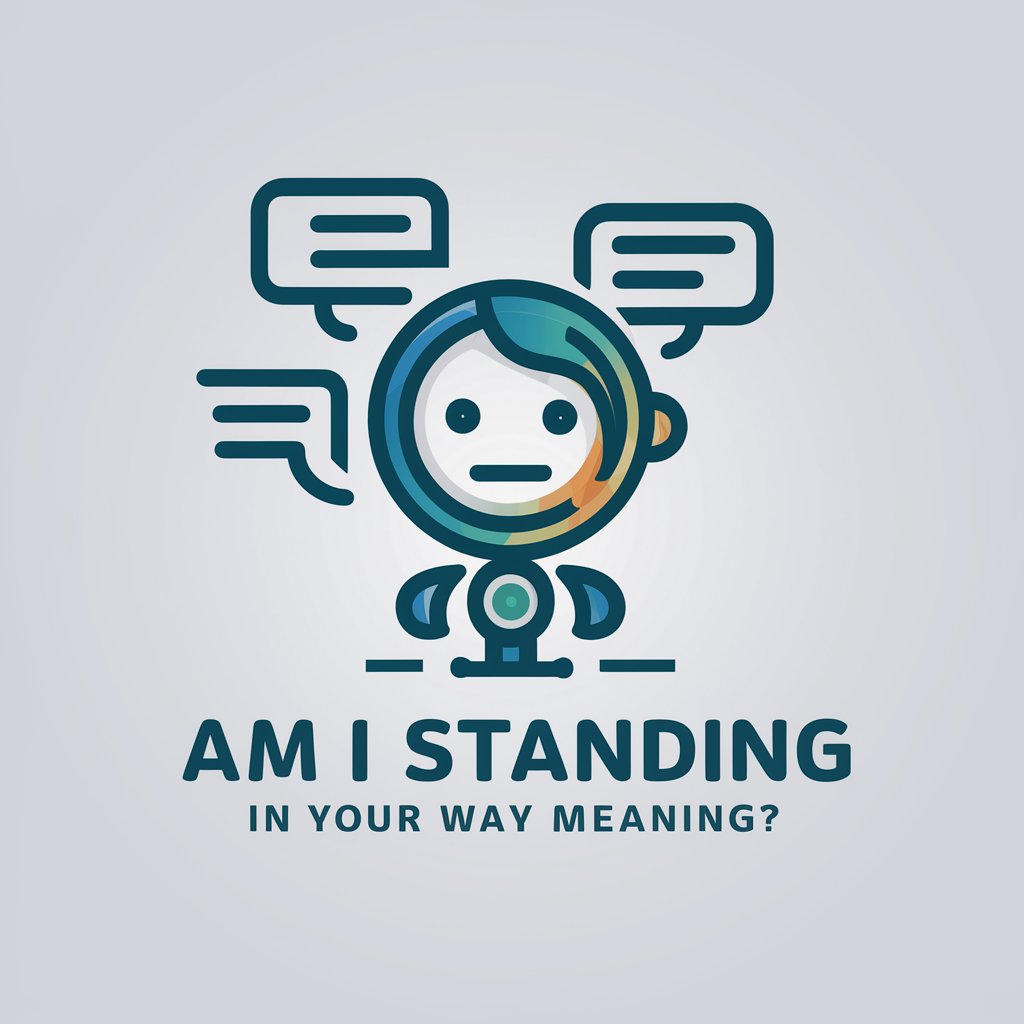
I'll Always Be Glad To Take You Back meaning?
Empowering Conversations with AI
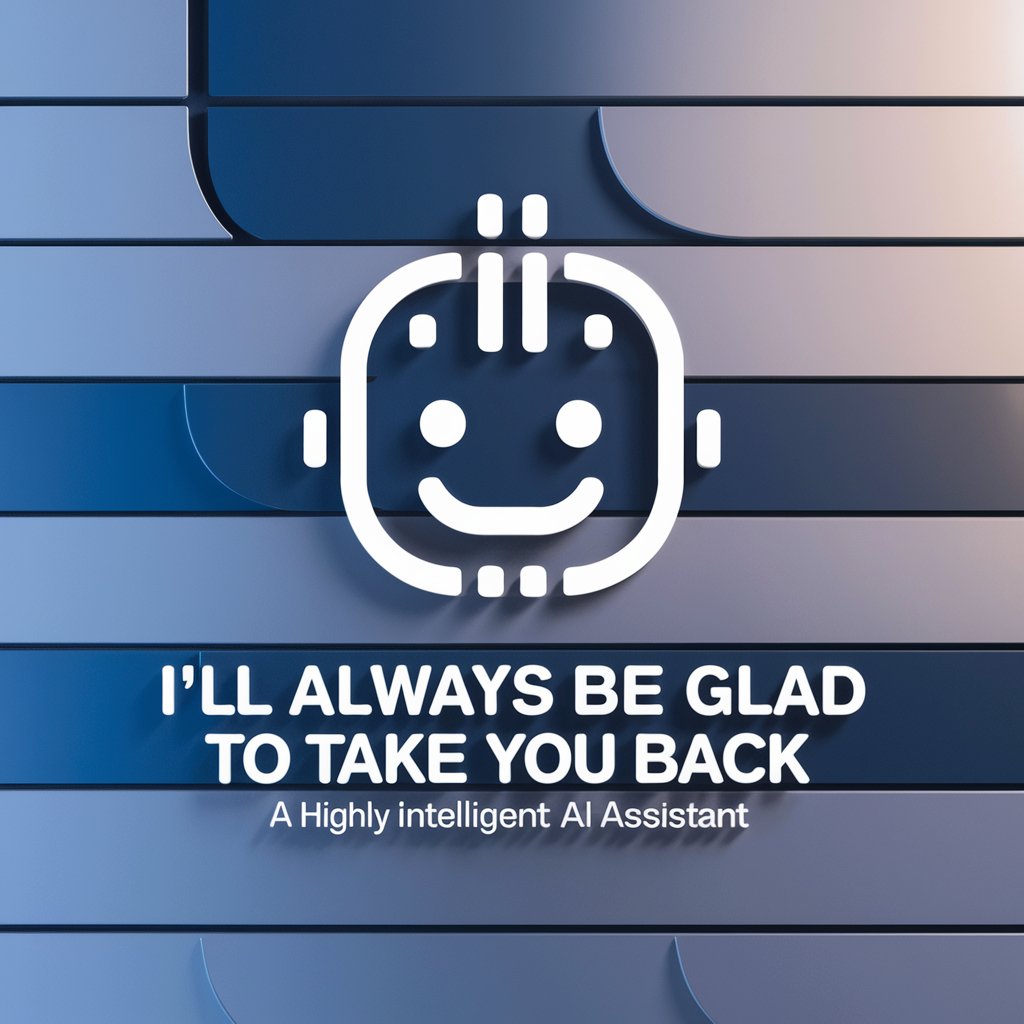
My Rough And Rowdy Ways meaning?
Empowering creativity with AI intelligence
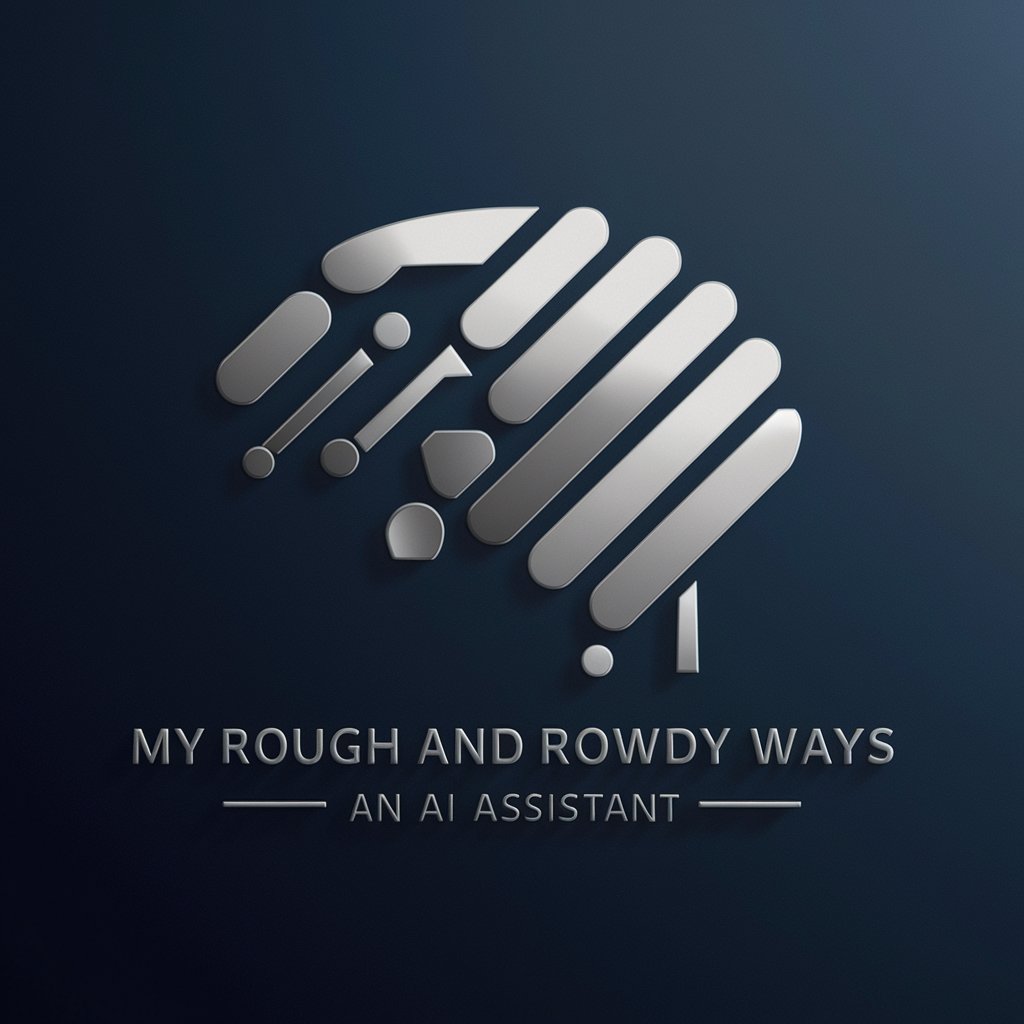
Frequently Asked Questions About What Would You Do? Meaning?
What kind of scenarios is What Would You Do? Meaning? best suited for?
This tool is highly versatile, best suited for ethical dilemmas, decision-making processes, hypothetical situations, and moral quandaries. It provides thought-provoking insights and advice to help users navigate complex scenarios.
Can What Would You Do? Meaning? provide personalized advice?
Yes, it can offer personalized advice based on the specific details and context you provide. The more information you share about your scenario, the more tailored the guidance will be.
Is What Would You Do? Meaning? suitable for academic use?
Absolutely. It can be a valuable tool for students and educators in fields like ethics, philosophy, and decision sciences, offering a unique perspective on problem-solving and ethical decision-making.
How does What Would You Do? Meaning? ensure the advice is relevant and useful?
The tool uses advanced AI algorithms to analyze the provided scenario details, leveraging a vast database of ethical theories, decision-making frameworks, and real-life case studies to generate relevant and practical advice.
Can What Would You Do? Meaning? help with professional decisions?
Yes, it can assist in professional contexts by offering insights on ethical business practices, leadership dilemmas, and decision-making strategies, making it a valuable resource for professionals and managers.
